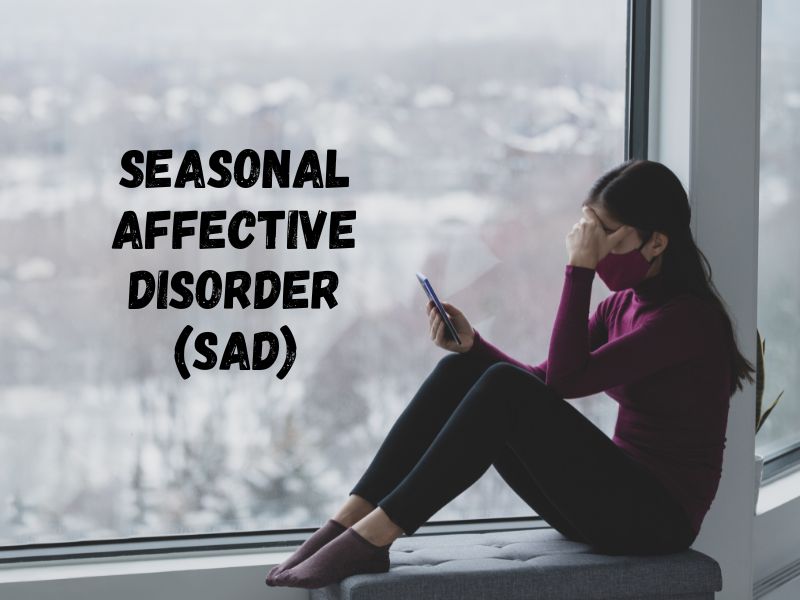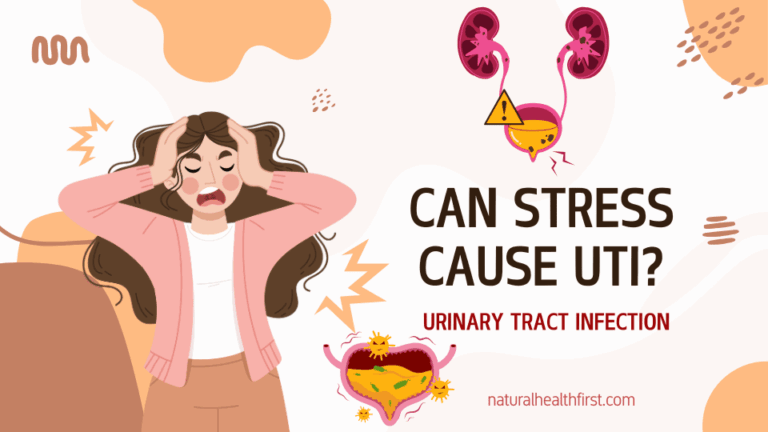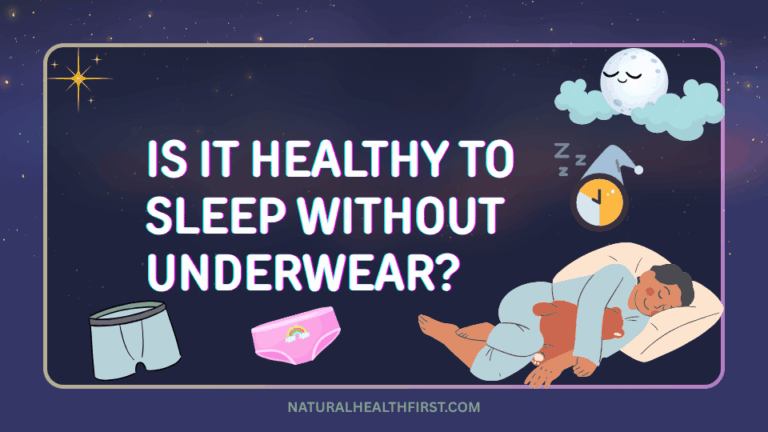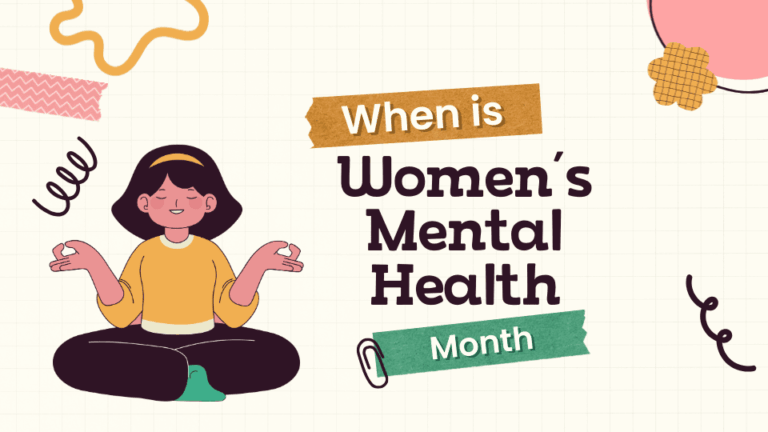Forget everything you thought you knew about weather and your wellbeing—the latest data shows that shifting seasons don’t just change the scenery, but can dramatically alter your mood, focus, and psychological resilience. From winter blues to summer burnout, the question how does changing seasons impact human mental health is racing up search charts and drawing renewed attention from scientists everywhere. This in-depth guide reveals all—from causes to coping strategies—and delivers tables, comparisons, lists, and never-seen-before statistics.
The Shocking Reality: Mental Health and the Seasons
Seasonal changes can trigger a wide spectrum of mental health effects, ranging from subtle mood swings to clinical depression. The cause? Interplay between sunlight exposure, hormone levels, sleep cycles, and social behaviors.
Did you know?
- Over 10 million Americans are diagnosed with Seasonal Affective Disorder (SAD) yearly.
- Up to 20% of the population experience milder “subsyndromal” winter mood symptoms.
- Suicide rates globally peak in early spring, not winter—defying old myths.
For mental health resources and expert tips, visit our mental health category.
Understanding Seasonal Impacts on Mental Health
The human brain is sensitive to environmental cues, particularly light. Changes in daylight exposure, temperature, and weather conditions all affect neurotransmitters like serotonin, dopamine, and melatonin. These chemicals directly influence mood, sleep, and motivation.
Key Seasonal Influences:
- Light Exposure: Less sunlight reduces serotonin production, leading to fatigue and low mood.
- Temperature: Cold weather often limits outdoor activity, contributing to isolation.
- Social Rhythms: Holidays and seasonal routines affect relationships, finances, and stress levels.
- Nature Cycles: Exposure to greenery in spring and summer can enhance mood.
This natural cycle explains why conditions such as Seasonal Affective Disorder (SAD) spike in winter, while summer can sometimes trigger irritability and anxiety.

Seasonal Affective Disorder (SAD)
SAD is one of the most researched examples of how changing seasons impact human mental health. It primarily occurs in winter but can appear in summer as well.
Common Symptoms of SAD:
- Persistent sadness
- Oversleeping in winter or insomnia in summer
- Increased appetite, particularly carb cravings
- Difficulty concentrating
- Social withdrawal
Prevalence and Statistics
- Around 5% of adults in the U.S. experience SAD annually.
- Women are four times more likely to be diagnosed than men.
- Symptoms typically begin between ages 18 and 30.
This makes SAD a public health concern, emphasizing the importance of prevention and coping strategies.
Spring and Summer: The Other Side of the Coin
While winter depression is widely discussed, spring and summer can also affect mental health. For some, increased sunlight and heat trigger anxiety, agitation, or even insomnia.
Psychological Effects of Warm Seasons:
- Higher Energy but Restlessness – Longer days boost activity but can lead to burnout.
- Body Image Pressures – Social media and summer outings often create appearance-related stress.
- Increased Allergies – Pollen allergies are linked with irritability and mood swings.
This shows that both extremes—cold winters and hot summers—can destabilize mental health, although in different ways.
Science Behind the Impact: Sunlight, Hormones, and Brain Chemistry
1. Sunlight and Melatonin
Reduced sunlight in autumn/winter increases melatonin production—the hormone that regulates sleep—leading to fatigue and low mood.
2. Serotonin Levels
Sunlight boosts serotonin, the “feel-good” neurotransmitter. Less sun means lower serotonin—fueling depression.
3. Circadian Rhythms
Early darkness and late sunrises disrupt internal clocks, making it harder to wake up, focus, or fall asleep.
Learn more about lifestyle strategies and seasonal mood resilience at our lifestyle hub.
Season-by-Season Mental Health Changes
| Season | Main Impact | Common Symptoms | Risk Groups |
|---|---|---|---|
| Winter | Low light, cold | SAD, fatigue, carb cravings | All, esp. women |
| Spring | Longer days, pollen | Anxiety, mania, insomnia | Bipolar, allergy-prone |
| Summer | Heat, social pressure | Agitation, sleep problems | Socially anxious, youth |
| Autumn | Declining light | Sluggishness, mood decline | SAD-prone, students |
Biological Mechanisms: Why Seasons Affect the Brain
The answer to how does changing seasons impact human mental health lies partly in biology:
- Serotonin: Levels drop in winter due to less sunlight.
- Melatonin: Darkness triggers melatonin, leading to fatigue in shorter days.
- Vitamin D: Deficiency in colder months correlates with depression.
- Circadian Rhythms: Disrupted sleep cycles in different seasons influence emotional stability.
Even small shifts in sunlight exposure can reset these systems, explaining seasonal mood changes.
Lifestyle Factors That Amplify Seasonal Effects
Seasonal changes don’t act alone—they interact with lifestyle choices. Poor nutrition, lack of exercise, and social isolation make seasonal mental health struggles worse.
For example, during winter, people may reduce physical activity, consume more processed foods, and limit social gatherings—all of which fuel depressive tendencies. Similarly, summer’s busy schedules can overwhelm people who need downtime.
Learning about preventive lifestyle practices from guides like those in Natural Health Prevention can provide year-round support.
Surprising Statistics & Newest Trends
- 70–80% of SAD sufferers are women.
- In Scandinavia, rates of winter depression approach 19%, while sunny Mediterranean regions report less than 2%.
- 31% of all mental health admissions during spring relate to suicide attempts or severe mood destabilization.
- The average person oversleeps by 45 minutes during winter months compared to summer.
Signs Your Mood Is Being Influenced By the Season
- Waking up later despite adequate sleep
- Unexplained sadness, especially as days shorten
- Cravings for sweets and starchy foods
- Withdrawing from social or outdoor activities
- Low motivation for work or study during seasonal transitions
For oral health’s tie to mood and wellbeing, check out natural remedies for receding gums for actionable, integrative tips.
How Does Changing Seasons Impact Human Mental Health Across Different Populations?
Children/Teens: More vulnerable to light change, with research linking autumn and winter to academic drops and anxiety spikes.
Seniors: More likely to experience loneliness and cognitive decline in winter months, partly due to reduced social contact.
Those With Pre-existing Mental Conditions: Bipolar, anxiety, and OCD symptoms often worsen at season boundaries.
Social and Cultural Impacts of Seasonal Changes
Seasons don’t just change the weather—they alter social life too.
- Winter Holidays: Family bonding but also financial stress.
- Summer Vacations: Joyful breaks but can heighten social comparison.
- Autumn Transitions: Back-to-school or work changes often trigger stress.
Adopting supportive social habits can ease these transitions. For instance, connecting with friends regularly helps prevent seasonal loneliness.
Seasonal Depression vs General Depression
| Feature | Seasonal Depression (SAD) | General Major Depression |
|---|---|---|
| Onset | Predictable, cyclical | Unpredictable, varied |
| Duration | Weeks/months per year | Persistent |
| Triggers | Light, circadian change | Trauma, genetics, stress |
| Symptoms | Lethargy, oversleeping | Insomnia, restlessness |
| Appetite | Sugar/carb cravings | Loss of appetite |
| Response to Light | Improves with exposure | Variable |
Coping Strategies & Emerging Solutions
Light Therapy: Bright light boxes (10,000 lux) used every morning mimic sunlight, proven to reduce SAD symptoms by over 80% in recent studies. Early intervention has best results.
Exercise: Outdoor physical activity boosts both serotonin and vitamin D, fighting the winter blues.
Cognitive Behavioral Therapy (CBT): Adapted for SAD, helps replace negative seasonal thoughts and avoid avoidance behaviors.
Medication: SSRIs and bupropion XL can be used seasonally, with many doctors recommending preemptive treatment before fall.
Dietary Adjustments: Focus on protein and complex carbs, limit processed sugar, and boost omega-3s for mood resilience.
For more sleep hacks and circadian support, dive into natural remedies for sleep apnea.
Prevention: Building Year-Round Mental Health
- Increase natural light at home and work—sit near windows, use sheers for maximum brightness.
- Plan outdoor or social activities—especially when dusk falls early.
- Schedule regular exercise, preferably outdoors.
- Practice stress reduction: meditation, yoga, or guided breathing.
- Keep nutrition balanced for sustained energy and mood.
Advanced prevention insights are available here: explore our prevention category.
Shocking Patient Stories and New Data
- 2025 reports show young adults in urban areas with reduced sunlight had twice as many depressive episodes versus those with access to parks and sunlight.
- Among people starting light therapy, 39% reported mood improvement within three days—some in less than 24 hours.
- Spring resurgence: Suicide helplines register highest call volumes in late April, contrary to winter myths.
Long-Term Implications: What’s Next?
Climate change and shifting global weather patterns may extend or intensify SAD rates in new regions. Mental health organizations are calling for annual “seasonal mental wellness” campaigns, emphasizing early screening and proactive care.
Integration of smart lights, wearable sensors, and AI-driven mood trackers is becoming the norm for at-risk populations.
For in-depth guides on holistic lifestyle, see our lifestyle section.
Final Word
The answer to how does changing seasons impact human mental health isn’t simple—but the evidence is clear. Sunlight, weather, and seasonal shifts play a profound role in our mental wellbeing, shaping mood, energy, sleep, and resilience. Ignoring these rhythms lets symptoms worsen; embracing the science and emerging solutions means feeling better, all year long.
Explore our mental health and prevention resources for a personalized plan that keeps you thriving through every season.
FAQs – Frequently Asked Questions
How does changing seasons impact human mental health?
Seasonal changes affect mood, energy, and sleep patterns. Shifts in daylight, temperature, and activity levels can trigger conditions like seasonal affective disorder and influence emotional well-being.
Why do people feel more depressed during winter months?
Winter brings reduced daylight, which lowers serotonin and vitamin D levels. This imbalance can cause fatigue, mood swings, and seasonal depression, often referred to as “winter blues.”
Can summer also affect mental health negatively?
Yes, extreme summer heat can cause irritability, dehydration, and disrupted sleep. Some people experience summer seasonal affective disorder, leading to anxiety, agitation, and restlessness.
What are natural ways to cope with seasonal mental health issues?
Natural remedies include light therapy, regular exercise, spending time outdoors, practicing mindfulness, maintaining social connections, and eating nutrient-rich foods to boost mood and energy.
Is seasonal affective disorder (SAD) the same as depression?
SAD is a type of depression linked to seasonal changes. Unlike clinical depression, symptoms appear during specific times of the year, commonly in winter, and improve in spring.






![How Much Are Hair Extensions [For Women] Cost, Types & Maintenance Costs](https://naturalhealthfirst.com/wp-content/uploads/2025/09/How-Much-Are-Hair-Extensions-For-Women-Cost-Types-Maintenance-Costs-768x432.jpg)

